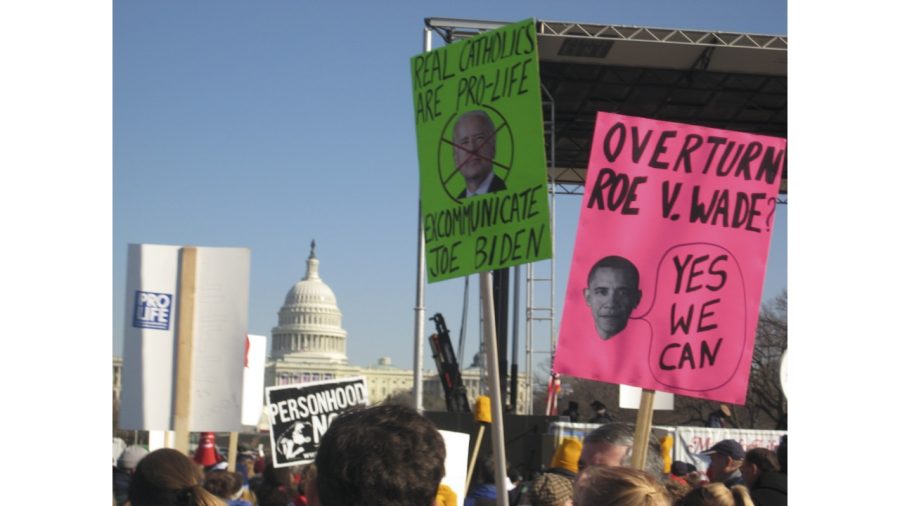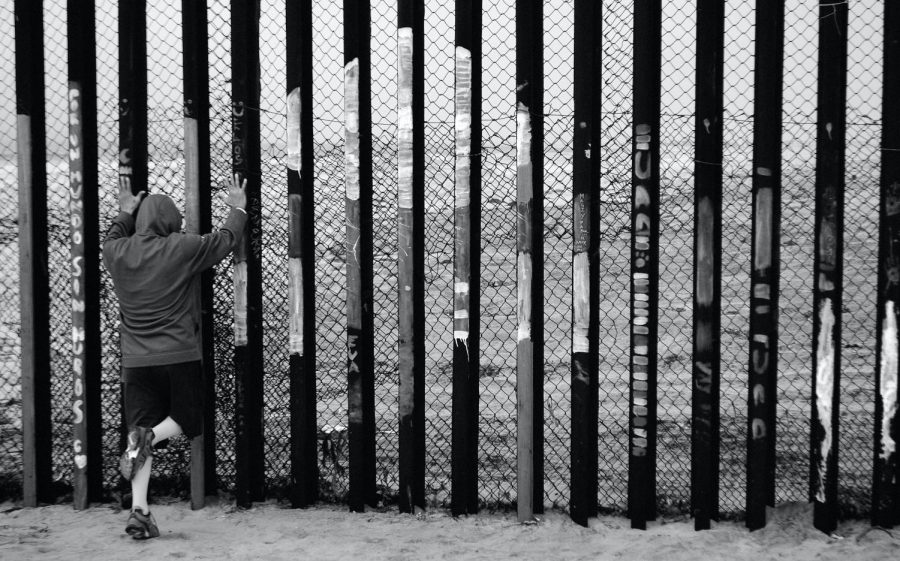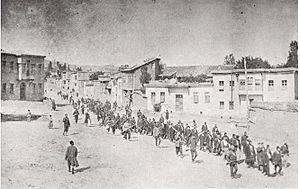
The country of Afghanistan has had a difficult history of terrorism and violence since the Soviet invasion in the 1980s. The Soviet-Afghan war led to the growing power of the Mujahideen, a militia who fought against the Soviet army to protect Afghanistan from foreign invasion. Among these fighters was a man named Osama bin Laden. His extremist philosophies greatly influenced the fighters and after the war, another man named Mohammed Omar became a prominent figure in Afghanistan. His militant group began a movement which later became known as the Taliban. Over the next few years, the Taliban became more aggressive and this led to the capture of Kabul, the nation’s capital, in 1996. The Taliban controlled the government in 2001 until the US ousted the militants from the capital. Today, the Taliban has waged a war on the Afghan government and its allies, including the United States. Their government roots have played a key role in their tactics and influence on the country, and their violent terror continues to strike fear in the millions of Afghans who live there.
The Taliban is not the only extremist group who have control in their nation’s government. Most recently, a different radical Islamist group has taken control of a few seats in the Lebanese government. Hezbollah, a Shia militant group, had allies elected into the government, expanding the group’s control over Lebanon. Hezbollah has had an important role in the Syrian conflict and the proxy war in the Middle East. The group has fought alongside Bashar al Assad in Syria and also gained support from Iran. Though Hezbollah has been recognized as a terrorist organization by the United States, Iran has not attempted to conceal support from the militant group. Hezbollah’s progress in Lebanon has raised concerns for countries in the Middle East, including Saudi Arabia and Israel.
Israel has faced many terrorist threats since its inception. The Israeli-Palestine conflict has contributed greatly to these threats. One group specifically, Hamas, has gained power in the region and has been the face for Palestine during the conflict. The extremist group has carried out numerous attacks on Israel over territorial disputes and anti-Semitic ideologies. Hamas started as a militant group with radical Sunni philosophies, but now they have evolved into a larger power in the Middle East. With backing from Saudi Arabia, the group has enough resources and assets to carry on with the conflict in Israel. The group’s power continues to grow while Israel, with the help of the United States, continues to apply pressure to the group at the Gaza strip.
The power of these militant groups is not solely due to their own will and spirit. With powerful supporters, these extremists have gained a lot of ground in the Middle East and they will continue to do so with no end in sight. Iran and Saudi Arabia have a bitter rivalry both politically and ideologically. The Shia-Sunni conflict has played a major factor in their proxy war and the militant groups have also been used as pawns in their big fight. Iran’s support of the Assad regime and Hezbollah has expanded their influence in the region. For decades, Iran has been fighting an uphill battle against Saudi Arabia and the United States, but with Hezbollah’s success, they seem to be gaining back the lost ground. The United States recently pulled out of the Iran nuclear deal, which deals another blow to the country. However, the United States does not fully understand its true enemy of the Middle East — Saudi Arabia.
Saudi Arabia has been quietly puppeteering the Middle Eastern conflicts for decades through their various pawns throughout the Middle East. The nation’s role as the powerhouse of the Sunnis has propelled their agenda in the Middle East. The immense wealth of the Saudi royal family has given them great power and assets for aiding numerous terrorist organizations. The country has been the benefactor of notorious Sunni extremist groups including Al Qaeda and ISIS. The victories of Al Qaeda and ISIS have been secret victories for the Saudis. The only formidable challenger for Saudi Arabia is Iran. With the US’s anti-Iran foreign policy, the Saudis are greatly benefiting and increasing their influence in the Middle East. The power of the terrorist groups in the Middle East have helped both Saudi Arabia and Iran, but it has also lead to the destruction and chaos that now engulfs much of the region. Supporting either side is a double-edged sword and it is detrimental to the stability and well-being of millions of people in the Middle East.








